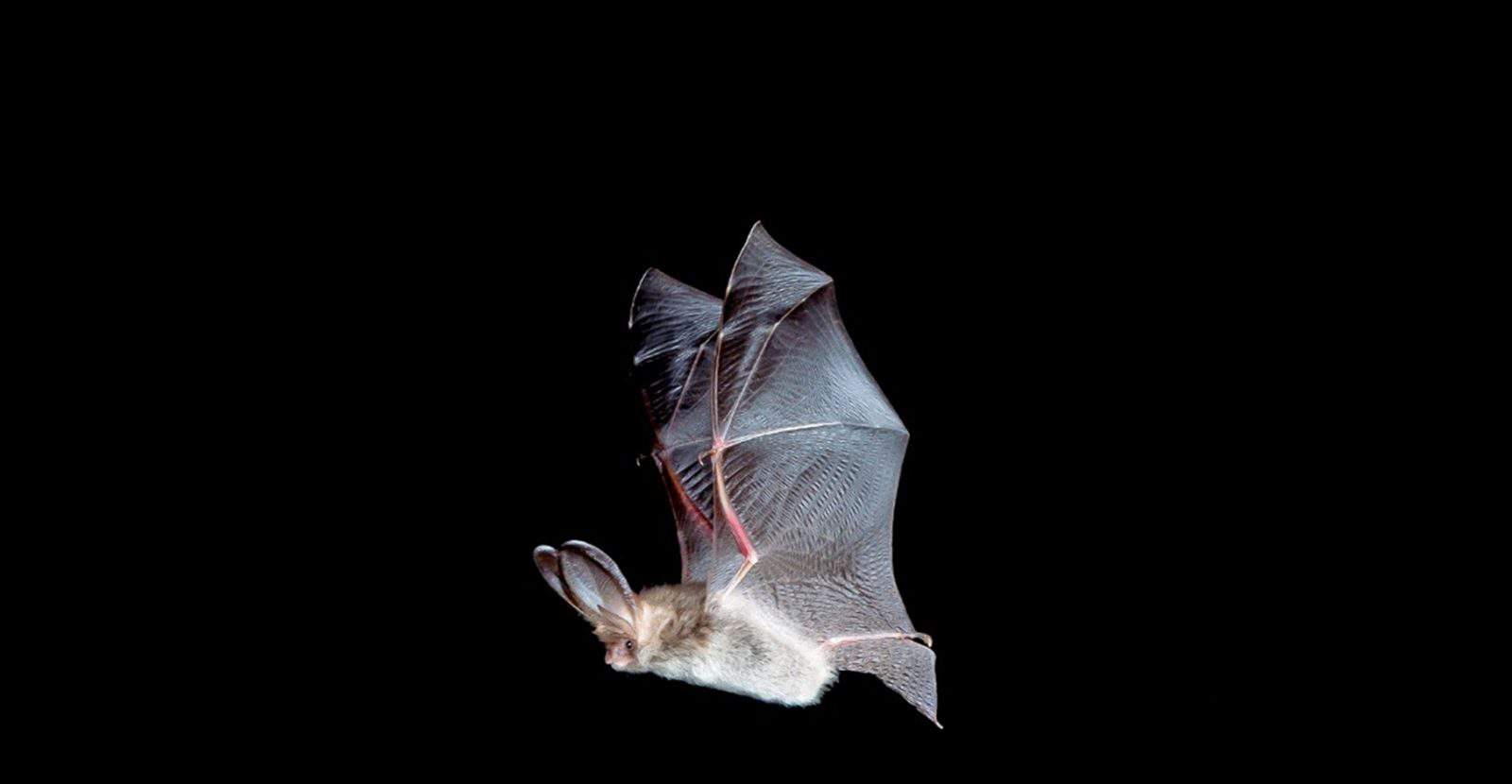Bats are fascinating animals, but very elusive and challenging to study. This beginner-intermediate course will explore the world of bats in woodlands and demonstrate the special techniques required to survey and study them in these key habitats.
Woodlands are the most important habitats for bat conservation, but they are also greatly diminished and under continuing pressure from development. This course will describe and demonstrate the methods used to survey and study bats at woodland sites, with a particular focus on acoustic lures.
This course will cover:
- A review of the status of British bats in woodlands
- Introduction and practical demonstration of survey techniques including acoustic monitoring and capture with harp traps, mist nets, and acoustic lures
- Identifying bats in the hand (capture of bats cannot be guaranteed!)
- The importance of woodland habitats for bats
- Gaps in our knowledge and how to fill them
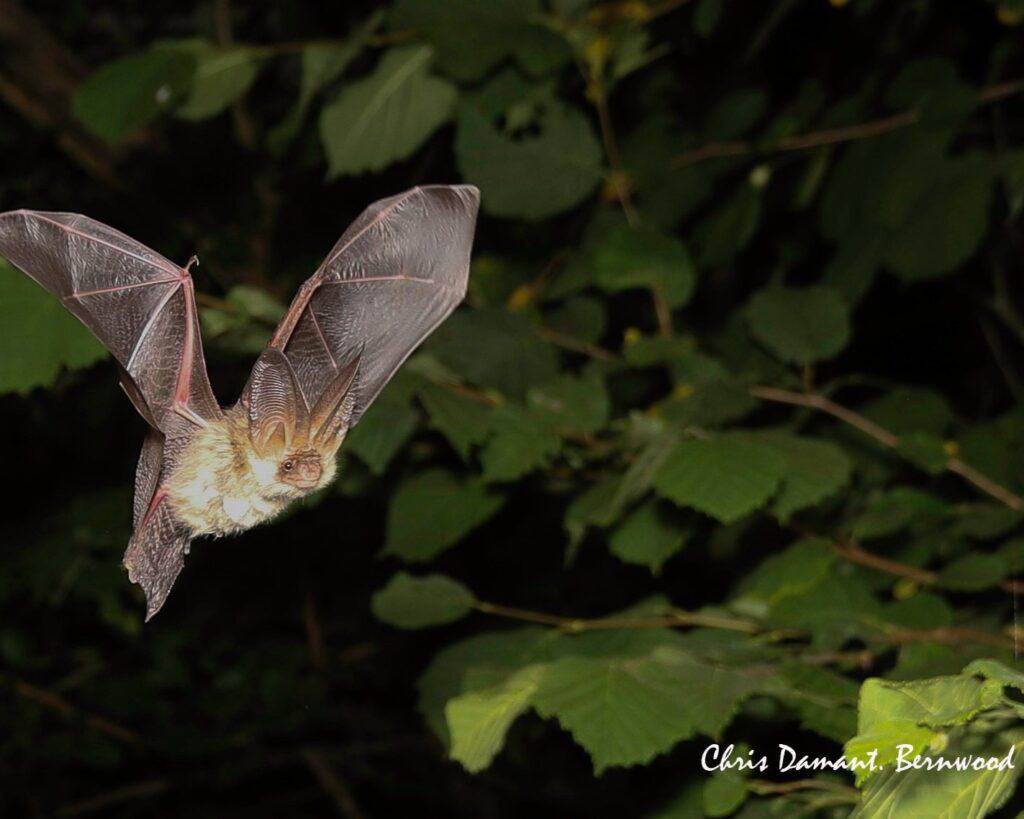
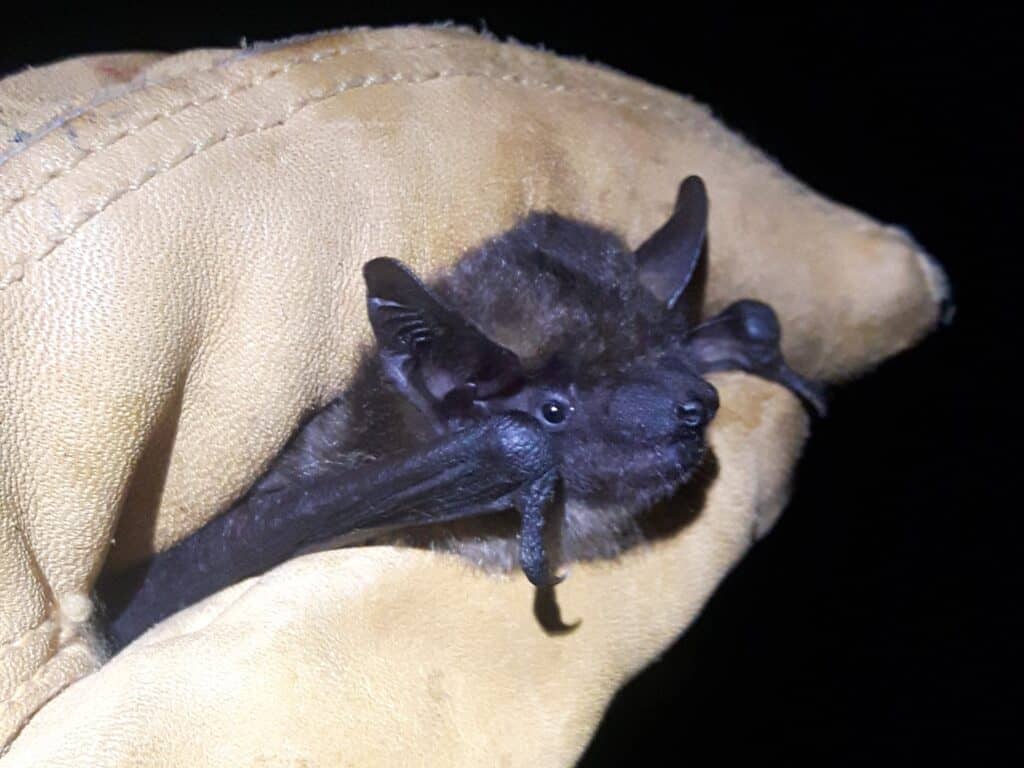
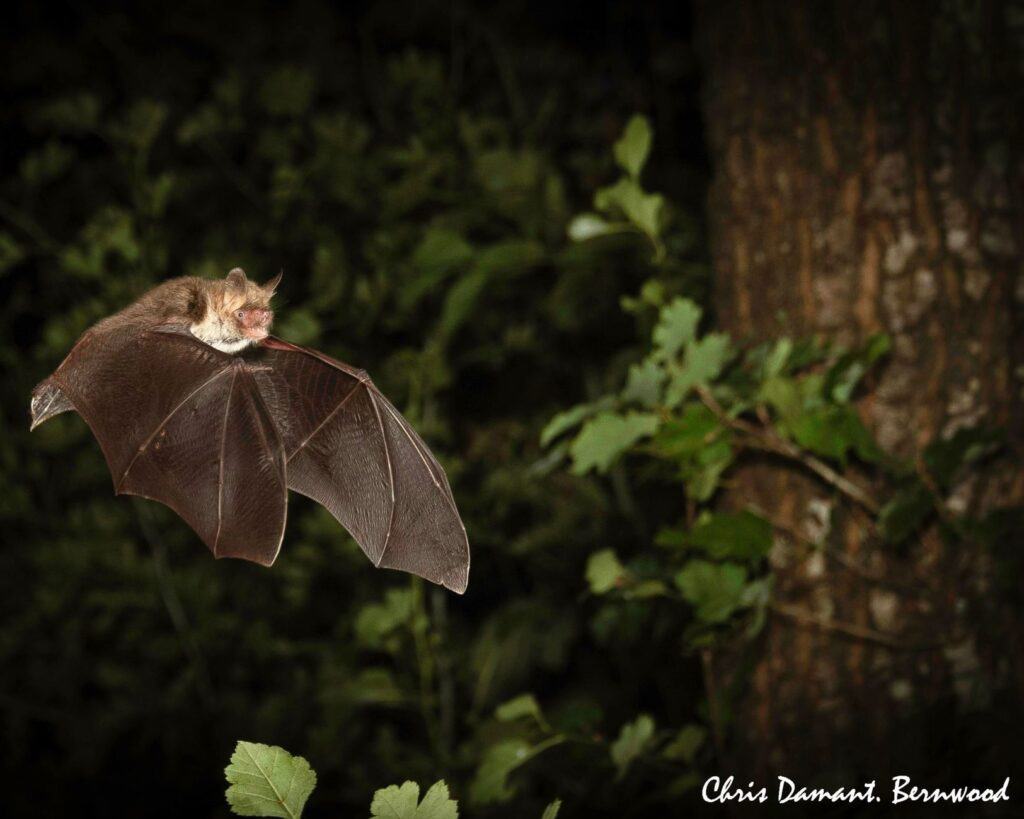
Read More
By the end of the course, you will be able to:
- Demonstrate a better understanding of the conservation status of bats in the UK
- Use a basic key to identify bats in the hand
- Understand the importance of woodlands for bats
- Understand the difficulties of surveying bats in woodland and some of the techniques
Who Should Attend? – The course is suited to anyone with an interest in bats and their conservation, including students, ecological consultants at all career levels, arborists, and complete beginners.
Knowledge Level – Beginner-Intermediate. Level descriptors can be found on the following web-page: Framework and Course Level Descriptors
Prior Knowledge – Some prior knowledge or experience of bats is an asset, but not a requirement.
PLEASE NOTE: There is no accommodation or meal facilities included in the price of this course. Refreshments (tea and coffee) will be available. There is a café on-site at The Killerton Estate which will be open during daytime hours. Please ensure you have checked the example timetable to organise meals in line with the approximate break periods each day.
Please note that in-course transport is not provided. Own transport might be needed to travel to field sites.
This is not a training course in bat handling, but there may be limited opportunities to gain some handling experience. Anyone hoping to handle bats will need to have appropriate gloves and a currently valid rabies vaccination (i.e., most recent vaccination no more than four years before the course dates).
If we are unable to reach viable numbers for this course, we will inform you of the course cancellation 4-5 weeks prior to the course run. We would recommend when purchasing accommodation and/or travel you should take out your own insurance.
Bookings will close if course capacity is reached.
Please email [email protected] if you have any questions.
About the Tutor
David Hill
David taught ecology and conservation at the University of Sussex for 15 years before joining the Wildlife Research Center of Kyoto University in Japan. He has been studying and surveying bats for over 25 years and has extensive experience with a range of advanced techniques. He was instrumental in developing the Autobat acoustic lure, and has used it in all of his research and survey work on elusive bat species in England and Japan. David has also tested the Autobat’s effectiveness with the bat fauna of many other countries, including Australia, Malaysia, Thailand, South Korea, Taiwan and the USA.
Example Timetable
Example Timetable
This timetable is subject to change but should give a clear outline of what to expect.
Please arrive in time for the course to start promptly at 7:00pm on the Friday evening
The course will end at 4:00pm on Sunday
Daily course times are:
- 19:00pm Friday – 01:00am Saturday
- 11:00am – 16:00pm Saturday (with one hour for lunch*)
- 19:00pm Saturday – 01:00am Sunday
- 11:00am – 16:00pm Sunday (with one hour for lunch*).
Each night we will walk from the class (or car park) to the field site, spend about four hours there, and then walk back. This could involve a few kilometres of walking, some of it on rough terrain inside woodland - moderate levels of fitness and mobility are required.
Day 1
7:00pm - Introductions and classroom session covering: Methods for identifying bats in the hand.
8:00pm - Field demonstration: Setting harp traps with acoustic lures and recording bat activity with bat detectors.
*Please note - accommodation and meals are not included in the price of this course.
Day 2
11:00am - Classroom session covering: Bat conservation in the UK and beyond: the need for systematic surveys of woodlands. Introduction to acoustic monitoring and species identification: potential and limitations.
1:00pm - Lunch – not included
2:00pm - Classroom session covering: Capture as a method for surveying and studying bats. Acoustic lures: development and applications.
4:00pm - Rest period (in preparation for night work) – refreshments and evening meal not included.
7:00pm - Field demonstration: Setting harp traps, mist net and acoustic lures and recording bat activity with bat detectors. Getting data from bats in the hand: Recording species, sex, age-class and release calls.
*Please note - accommodation and meals are not included in the price of this course.
Day 3
11:00am - Classroom session covering: Applications of radio-tracking for studying and surveying bats. A regional survey of woodland bat diversity in the South West of England.
1:00pm - Lunch – not included
2:00pm - Group discussion - Advantages and limitations of acoustic monitoring vs capture surveys
3:00pm - Recap and final questions
4:00pm - End of course
*Please note - accommodation and meals are not included in the price of this course.
What's Included
What’s included?
The course has been carefully created by expert tutors and educators to help you build your knowledge and apply it within the field surrounded by like-minded individuals.
The course includes:
- Classroom learning covering the theory of the species
- Field excursions to apply new knowledge
- Expert tuition for which the Field Studies Council is renowned
- Clear objectives and progression
- Refreshments (tea and coffee)
You can rest assured that the absolute best content from an expert in environmental education will be provided. In choosing a Field Studies Council course, you will be joining thousands of people who learn with us each year.
Bursaries and Subsidies
Student Discount
This course is eligible for a student discount. If you are a current student, please use discount code BioStudent20 at checkout for 20% off all Biodiversity courses.
Natural History Bursaries
There are a number of natural history bursaries available to help with the cost of your course. To find out if you and your chosen course are eligible, read more here.
Before You Attend
What to bring:
- Notebook and pencil
- Lunch and refreshments
- Sensible footwear and warm and waterproof clothing for being outdoors
- Small bag to carry personal items
- Wellington boots
Please note that in-course transport is not provided. Own transport might be needed to travel to field sites.
If you have them:
- Headtorch (preferably one with a red light setting)
- Bat detector
There will be a member of staff with first aid training and access to a first aid kit on site. If you have special medical or access requirements, please let us know as soon as possible so we can plan the course.
Opportunities to attend this course
-
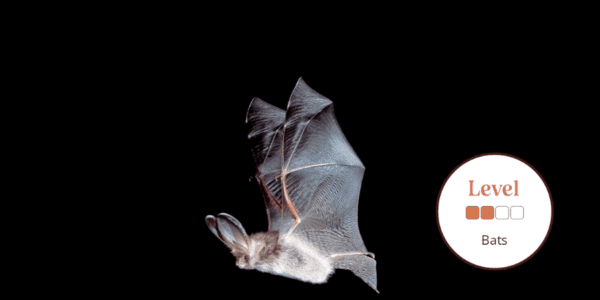
Fri 16, August 2024 19:00 - Sun 18, August 2024 16:00
Further information and directions for Killerton House can be found here. Please refer to the example timetable section for daily course times and approximate break times within each day. Car parking is free to National Trust members with a valid membership card, or £4.00 per day for non-National Trust members. There is no charge to Killerton Estate whilst on the course. The venue is unable to offer accommodation with this course, please book local accommodation if you require overnight stays and ensure you take out the appropriate insurance.
No current dates for this course? Click here to view all the upcoming Natural History courses.
Progress Your Learning
This is a training course from the Field Studies Council, delivered by expert tutors with an approachable learning style. After attending this course, you may like to progress your learning with further relevant courses or branch out into other areas of natural history. The Field Studies Council offers both online and in person courses, so you can choose the learning style that suits you best.
The course gives you the opportunity to immerse yourself in a new subject and acquire novel skills. Our online portal gives you time to study at your own pace and fit the lessons around your own schedule.
If you have any questions about our courses please check our Frequently Asked Questions or email [email protected] if you have any questions.
Group Bookings Made Easy
If you have a group of 10 or more individuals wanting to complete one of our courses, our team are available to discuss your options – from discounts to private team courses. Find out more!
You can rest assured that the absolute best content from an expert in environmental education will be at your fingertips. In choosing a Field Studies Council course, you will be joining thousands of people who learn with us each year.

